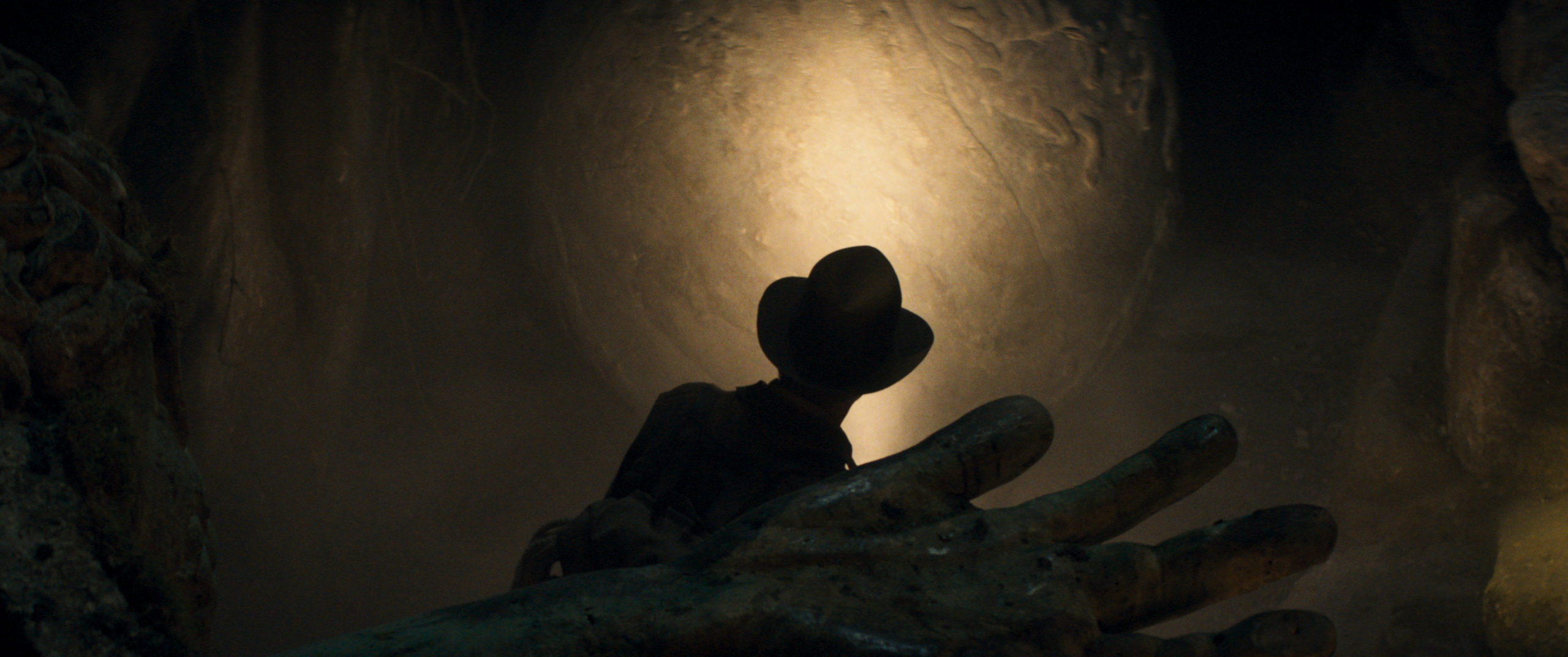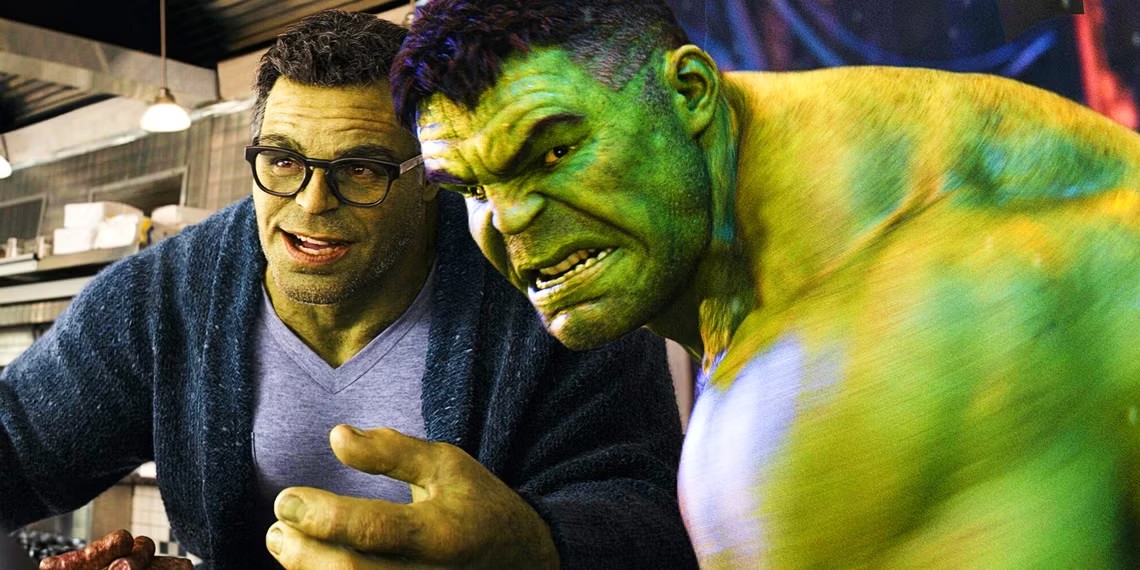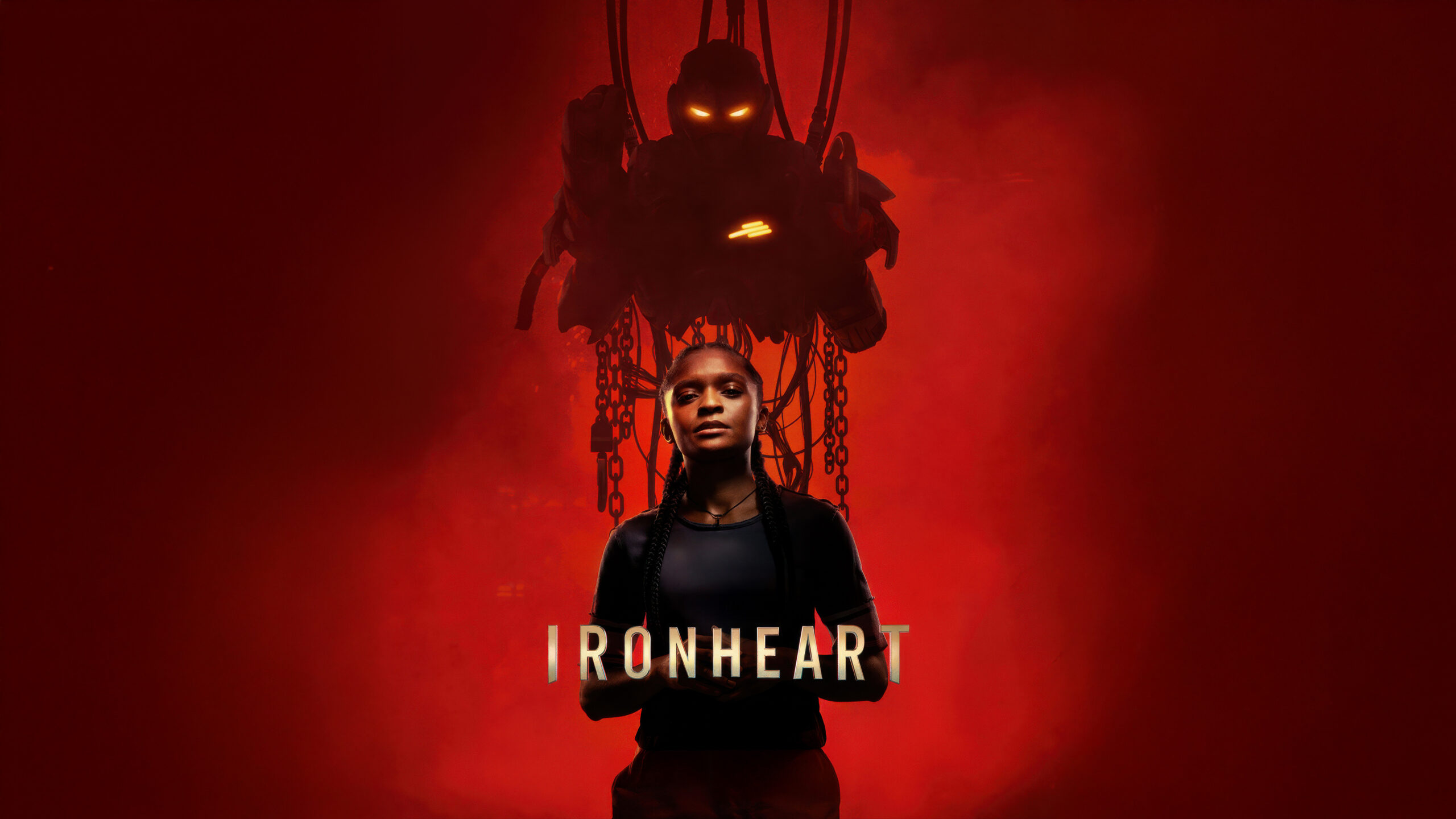![]()
What’s better than American football?
Try Calcio Storico in Florence, Italy.
This version of Italian football is more aggressive and violent and it is showcased in the movie LOST IN FLORENCE starring Brett Dalton and Stana Katic.
Here’s the full synopsis:
When Eric Lombard proposes to his girlfriend Colleen during a romantic trip to Florence, he is shocked when she turns him down and heads back home. Heartbroken, he stays behind with his cousin Anna and her Italian husband who introduces to Calcio Storico, an ancient form of football played every summer in Florence that combines rugby and street fighting. As a former college star, Eric is a natural at the sport and while many of the local Italians have their reservations about an American playing their beloved game, he proves himself again and again on the field and ultimately wins their approval. Duringhis time in Florence, Eric finds himself falling for Stefania, the girlfriend of his teammate Paolo. As their clandestine relationship heats up and the all-important final game approaches, Eric finds himself at a crossroads—caught between friendship and love, having to decide what he really wants and how hard he’s willing to fight for it.
LRM had an exclusive phone interview earlier this month with director Evan Oppenheimer. We discussed the Calcio Storico as a sport, his inspiration for the film and shooting in Italy.
LOST IN FLORENCE is playing a limited release in select theaters. It is also available On Demand through iTunes, Amazon Video, Google Play and Vimeo.
Read the full transcript below.
LRM: Could you tell me on where the original idea for LOST IN FLORENCE?
Evan Oppenheimer: Sure. I lived in Florence years ago. I just happened to see this sport. I discovered it when I was out on a job one day and bumped into this parade. It was this elaborate pre-game [event] that happened. Until now, I wasn’t really aware of this sport back then. So when I saw this parade, I followed it along to its destination at this stadium where they were playing.
I was then quite stunned to see this sport itself. It’s a combination of athleticism and violence. There wasn’t really no analog to.
It was the summer before I went to film graduate school. When I finished graduate school, I revisited the idea for a future film. The gestation process was a long one. I started writing this as my very first featured screenplay. It required a lot of thought and a lot of work. I eventually did many subsequent films before I came back to this one. I finally felt like this was ready. I met with the right people to collaborate with to make this movie.
LRM: What is this sport called? Is it called Calcio Fiorentino? Am I even saying it right?
Evan Oppenheimer: The name we referred it by is Calcio Storico. It’s historic soccer. Calcio Fiorentino means Fiorentine soccer. It’s just another phrase they use. They also use Calcio in Costume, which is costumes. It’s like uniformed soccer. So it has a number of names. We call it Calcio Storico.
LRM: Oh. So what exactly are the rules to this game? It’s like a soccer, football, basketball…..basically, everything. [Laughter]
Evan Oppenheimer: [Laughter] Well, said. It’s basically everything. There are very few rules. There are the actual rules. Then there are the things you’re not supposed to do, but you can get away with. The only rules are really that there are no kicking when a man is down. That’s pretty much it.
You are generally not supposed to fight more than one on one. You can’t just come in as a third person into a fight. I’ve certainly seen that happened many times. You’ll see two guys fighting and a third guy just jumps in to punch one of those guys. If someone catches you doing it—you might get in trouble, but you probably won’t.
Basically, there are no rules. There is a goal though. The goal is to advance the ball to the other side of the field into the net on your opponent’s side of the field. If you throw it over the net, the other side will get a half a point. And if it lands in the net, then your team gets a point.
![]()
LRM: I’m even amazed that this sport hasn’t taken off here in America. [Laughter]
Evan Oppenheimer: [Laughter] Apparently, they’ve played in other places I’ve heard. I haven’t seen it, but I’ve heard that there’s a town in France where they played it. At one point, I heard that the Florentines were talking about doing a tour in America.
It’s really a local sport. I don’t know if it would travel that well. They play it right in the middle of the city. I can’t think of an analog here since it’s so local. It’s very specific to the culture.
It’s like in New York. What would happen in New York that happens to be right in the middle of the city? Maybe it’s like dropping the ball in the middle of Times Square. But, that’s really for tourists. What would be as an example to New York City that really speaks to our culture? It’s really hard to come up with.
That’s why it hasn’t traveled. It’s so Florentine. It happens right in the middle of the city.
LRM: Yeah, that’s understandable. Tell me on how you researched this. Did you have to play this game yourself?
Evan Oppenheimer: You can’t play the game unless you live in Florence. In the movie, it becomes one of the issues. In a way, Paolo shouldn’t let Eric play. Eric didn’t really live there. He’s been there for a short period of time. He’s staying with his cousin. To say he’s really a Florentine is a dicey proposition. You’re supposed to be a local to play in this sport.
I certainly had lived there for a short period of time. I certainly was not qualified to play. And also, I don’t think my skills would translate enough to even be good at it. Our research was getting into the Calcio culture as we could. We were trying to get to know the players as much as possible. We watched as many games as we could.
We just tried to be authentic. We tried to show on what it really was. We didn’t want to force it into on what we wanted it to be. [The movie] had little adjustments so the character could get involved when in reality—it would be very hard for him to get involved, but maybe no impossible.
Especially if Paolo pushed for it. Paolo is the captain of the team. He’s a very respected figure. Maybe if he pushed for a guy to be on his team—he might get away with it.
LRM: One of the things I loved about your film, part of it was that it felt almost like a documentary on the sport itself. How did you managed to capture all this footage? Was it easy to film this publicly?
Evan Oppenheimer: Well, that’s a very good question. It was complex. We always knew shooting the game and creating our footage was going to be the hardest thing to do. The first thing we realized was that there was no way we could recreate all of this from scratch. Maybe if we were the biggest of Hollywood productions. It would require us shooting in the middle of Florence…..in the summer…..with many thousands of extras…..and hundreds of players. It would be an extraordinary undertaking.
We knew we need the full cooperation of the Calcio Storico Federation. What they do is that they had the first two semi-final games. It happened over two days and then they’ll take a 10-day break. Then they have the finals.
So we thought about getting them to let us use the field from the period of the semi-finals and the finals. It’s just sitting there. There wasn’t really anything happening during that period. Fortunately, they agreed to that. It was a big component of it.
For three days on the field, we created footage of all of our players playing the game during those days. Then was also incorporated two other things. We were luckily granted access to the parades. We were able to place our actors and our players into the actual pre-game parade.
It features hundreds of people on horseback, canons, drummers, fight players, and women in elaborate dresses. It would be a very long parade that will be very difficult to recreate. They were kind to us to let us our actors into the actual parade. We filmed the actual parade with our fake players in it. That was very helpful.
At the end of that, our players were able to get on the field. They did not play in the actual game. They were on the field before the game. That led to some extraordinary footage of our guys being surrounded by the real fans.
It’s like how it was done with some baseball movies. Right after a real baseball game, they’ll put some actors with the fans in there. They’ll utilize the actual fans without having to bring in fifty thousand extras. So that was terrific.
The third aspect was that we used real game footage. The actual players engaged in the actual sport. The helpful thing about that is to have some of those actual players in our “fake†footage. Sometimes you see these guys really competing and then in other times they are pretending to compete for us. That helped a great deal in linking all that footage together effectively.
LRM: You definitely fooled me. I was thoroughly convinced. [Laughter]
Evan Oppenheimer: Glad to hear that.
LRM: Could you tell me on why Brett Dalton was perfect for the leading cast role? Most people know him on the show Marvel’s Agents of S.H.I.E.L.D. How did you prepare him for this intense type of athletic role?
Evan Oppenheimer: Brett was perfect for the role, because of his background. For his part, it never explicitly said so in the movie, my idea was that this guy went to Stanford. He and Colleen were college sweethearts at Stanford, which is a school full of smart people and great athletics.
I wanted a smart jock. It’s not that easy to get. To just think about to cast somebody who plays as a bright person with a great body and who is athletic. There’s not that many people who comes to mind.
I saw Brett on a TV show, in which he was playing an action character. He’s a fantastic looking guy. It was very intriguing.
Then I found out that he went to [UC Berkeley] and Yale. I said, “Okay. Maybe we got our smart jock here.†The great thing about Brett is that he is so open-minded. He’s so willing to do whatever is needed to do. He was excited to be there. He was excited to be on the field with the real players. He had all the bruises to prove it. He is totally committed to the project.
It’s a pleasure as a director to know someone who is invested one hundred percent alongside you. And especially he is also a really all around nice person. To have a prime collaborator like that, it makes it so much easier.
LRM: Terrific! Thank you so much, Evan. It’s been a pleasure speaking with you.
Evan Oppenheimer: Thank you, Gig. I enjoyed it too.
LOST IN FLORENCE will open in theaters and On Demand on Friday, January 27.
![]()
Source: Exclusive to LR





